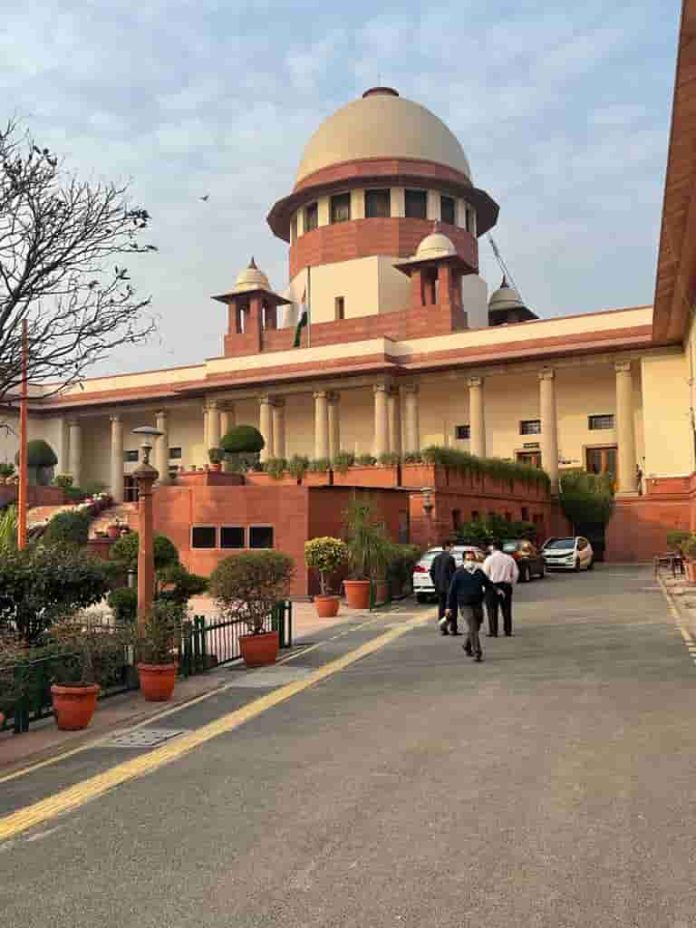The Supreme Court on Wednesday directed the Union government to explore the possibility of reconstituting the Delimitation Commission for proportional representation of the communities designated as the Scheduled Castes (SC) and the Scheduled Tribes (ST).
The Bench of Chief Justice of India (CJI) D.Y. Chandrachud, Justice J.B. Pardiwala and Justice Manoj Misra, while noting that no exercise of delimitation has been carried out since 2008, observed that the matter required serious and concerted consideration by the Centre.
While observing that it cannot direct Parliament to enact a law, the Bench directed the Union of India to discuss this idea with the Chief Election Commissioner and provide a working solution by November 23.
The Apex Court passed the orders on a Public Interest Litigation (PIL) seeking proportionate representation of Scheduled Tribes in the Legislative Assemblies of West Bengal and Sikkim.
The Apex Court rejected the Centre’s argument that the Delimitation Commission cannot be constituted till the 2026 Census was carried out.
Noting that Article 371(F) can be a route in respect of Sikkim, the Bench observed that the Article provided special legal provisions in respect of Sikkim.
It further noted that there can be no doubt that the claim of Limbu and Tamang communities, which have been recognised as the STs for the grant of proportional representation, has a constitutional basis.
The Bench took in view the fact that the Ministry of Home Affairs had initiated the exercise in 2018 to increase seats in the Sikkim Legislative Assembly from 32 to 40 to provide reservations for the two tribes.
However, no action has been taken since, it added.
The Apex Court took in view the fact that Article 327 empowered the Parliament to make provisions in relation to elections including the delimitation of constituencies.
On Article 325, the Bench observed that the Election Commission of India (ECI) has broad power in relation to control and superintendence of elections.
Earlier, the Commission had apprised the Apex Court that it did not have the power in respect of readjustment of seats, which would require amendments to the Representation of the People Act.


